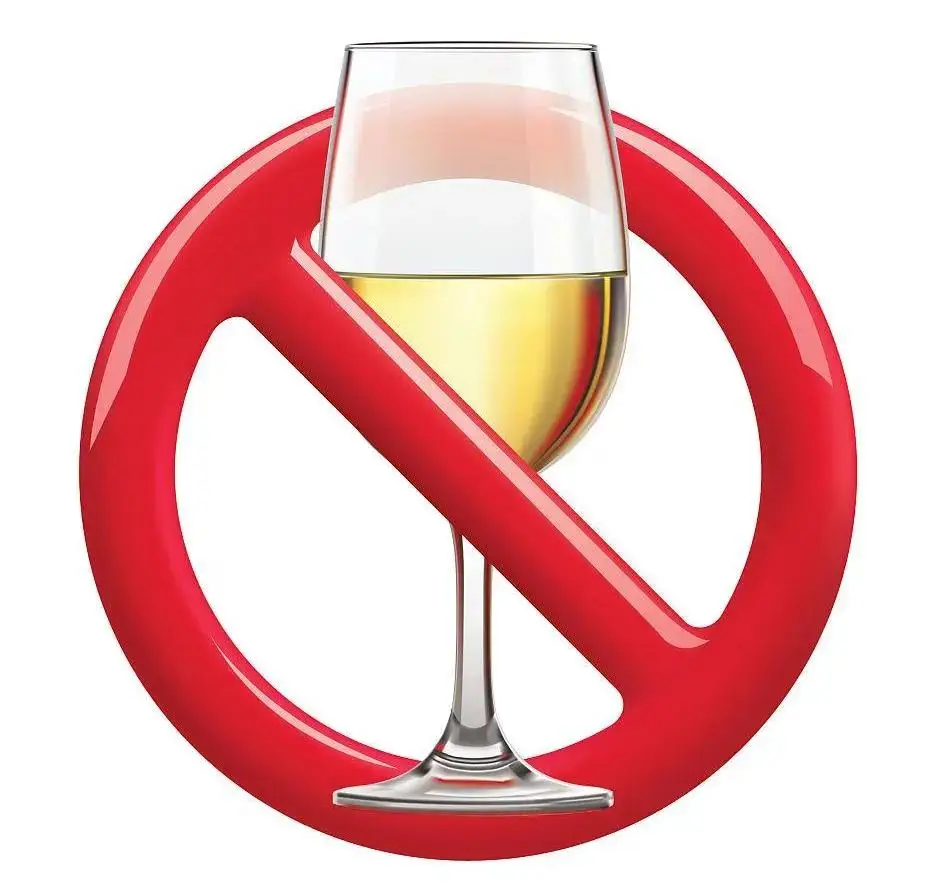The Sobering Truth: Why Drinking Makes You Feel Guilty and How Quitting Can End the Shame
We’ve all been there: waking up with a pounding headache, a foggy memory, and a sinking feeling in the pit of our stomachs. That feeling isn’t just physical—it’s emotional. It’s guilt. For many, drinking alcohol is more than just a social activity or a way to unwind; it’s a source of regret, shame, and self-reproach. The temporary high of intoxication is often followed by a lingering low, one that leaves us questioning our choices, our behavior, and even our self-worth. If you’ve ever experienced this cycle, you’re not alone. And if you’re tired of the guilt that drinking brings, it might be time to consider quitting—not just for your health, but for your peace of mind.
The Guilt Cycle: Why Alcohol Triggers Regret
Alcohol is a depressant. While it may initially lift our spirits, it ultimately alters brain chemistry in ways that can lead to negative emotions. But the guilt we feel after drinking isn’t solely a chemical reaction—it’s often tied to our actions and memories (or lack thereof).
When we drink, our inhibitions lower. We might say things we don’t mean, act in ways that are out of character, or make decisions we would never make sober. The morning after, as the haze clears, we’re left to piece together the events of the night before. Sometimes, it’s a vague sense of unease. Other times, it’s the stark realization that we hurt someone’s feelings, embarrassed ourselves, or neglected responsibilities. This disconnect between who we are when we’re sober and who we become when we drink is a primary source of guilt.
Moreover, alcohol can amplify existing insecurities. If you already struggle with self-esteem or anxiety, drinking can magnify those feelings once the initial buzz wears off. The guilt isn’t just about what you did—it’s about what you believe you should have done differently. It’s a painful reminder of the gap between your intentions and your actions.
The Ripple Effect: How Guilt Impacts Your Life
The shame that follows a night of drinking doesn’t just vanish when the hangover subsides. It can linger, affecting your mental health, relationships, and overall quality of life.
For many, guilt becomes a self-perpetuating cycle. You drink to escape stress or sadness, only to feel worse afterward. To cope with those negative feelings, you might drink again, creating a loop that’s difficult to break. This cycle can lead to increased anxiety, depression, and a diminished sense of self-worth. You may start to avoid social situations, fearing a repeat of past mistakes, or you might become overly self-critical, convinced that you’re “not strong enough” to control your drinking.

Relationships also suffer. When alcohol leads to behavior that hurts others—whether it’s broken promises, arguments, or neglect—the guilt can strain even the strongest bonds. You might find yourself constantly apologizing or trying to make amends, only to repeat the pattern the next time you drink. Over time, this erodes trust and intimacy, leaving you feeling isolated and misunderstood.
Breaking Free: Why Quitting Is the Answer
If drinking consistently leaves you feeling guilty and ashamed, quitting may be the most empowering decision you can make. It’s not about depriving yourself; it’s about reclaiming your life, your relationships, and your self-respect.
When you quit drinking, you break the guilt cycle. Without alcohol clouding your judgment, you’re better able to align your actions with your values. You wake up clear-headed, without the dread of wondering what you said or did the night before. You regain control over your choices, and with that control comes a sense of pride and self-assurance.
Quitting also allows you to rebuild trust—both with others and with yourself. When you consistently show up as your authentic, sober self, you demonstrate reliability and integrity. The need for apologies and damage control diminishes, and your relationships can heal and grow stronger. You’ll find that social interactions become more genuine and fulfilling when they’re not centered around alcohol.
The Journey to a Guilt-Free Life
Quitting drinking isn’t always easy, especially if it’s been a long-standing habit. But the rewards are immeasurable. Here are a few steps to help you on your journey:
-
Acknowledge the Pattern: Recognize that drinking is causing more harm than good. Be honest with yourself about the guilt and shame you feel afterward.
-
Seek Support: You don’t have to do it alone. Whether it’s friends, family, or a support group, having a network of people who understand your goals can make all the difference.
-
Find Alternatives: Replace drinking with healthier activities that bring you joy and relaxation. Exercise, hobbies, and mindfulness practices can help fill the void.
-
Celebrate Small Wins: Every day without alcohol is a victory. Acknowledge your progress and be kind to yourself during challenging moments.
-
Focus on the Positive: Remind yourself of the benefits—better mental clarity, improved relationships, and, most importantly, freedom from guilt.
Embrace a Life Without Regret
Drinking may offer a temporary escape, but the guilt that follows is a heavy price to pay. By choosing to quit, you’re not just giving up alcohol—you’re choosing self-respect, authenticity, and peace of mind. You’re saying yes to a life where you can be proud of your choices and wake up without shame. The journey may be challenging, but the destination—a guilt-free, fulfilling life—is worth every step.




发表评论